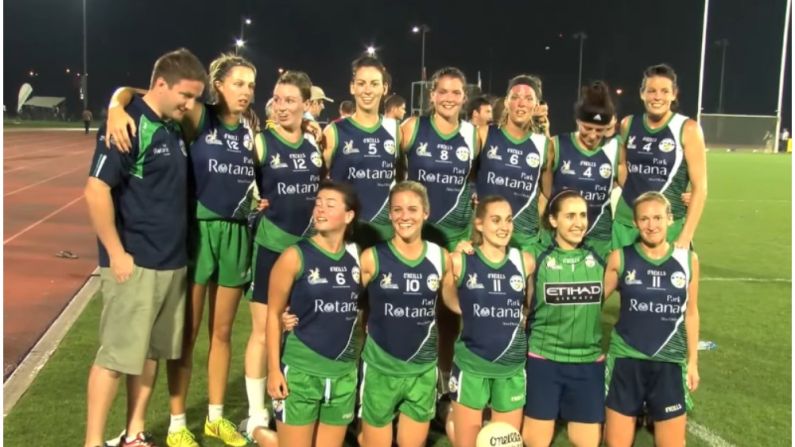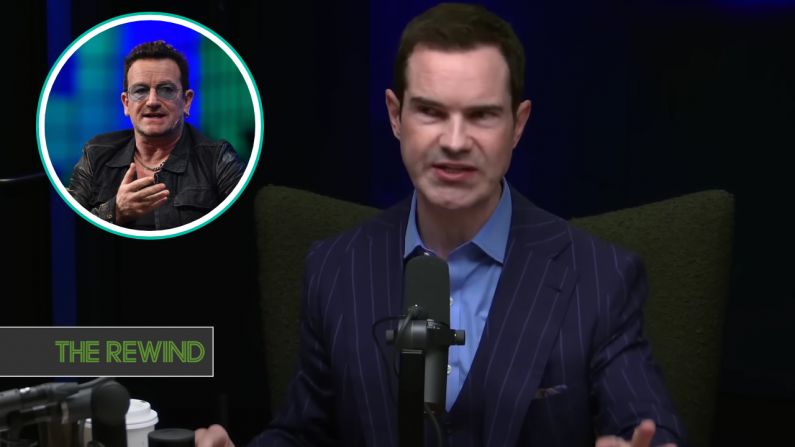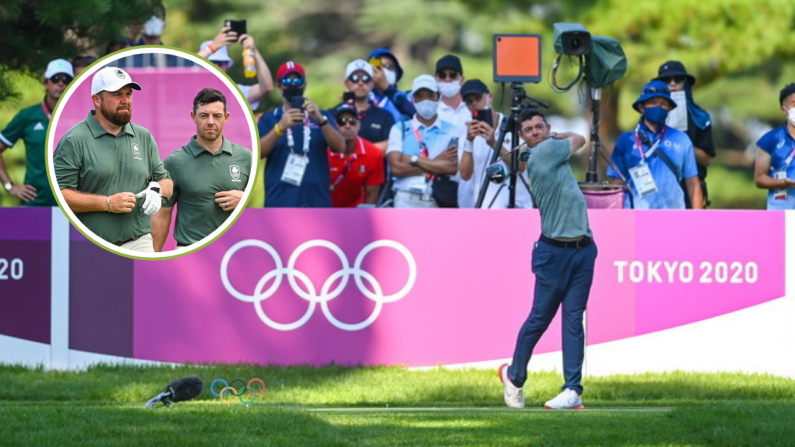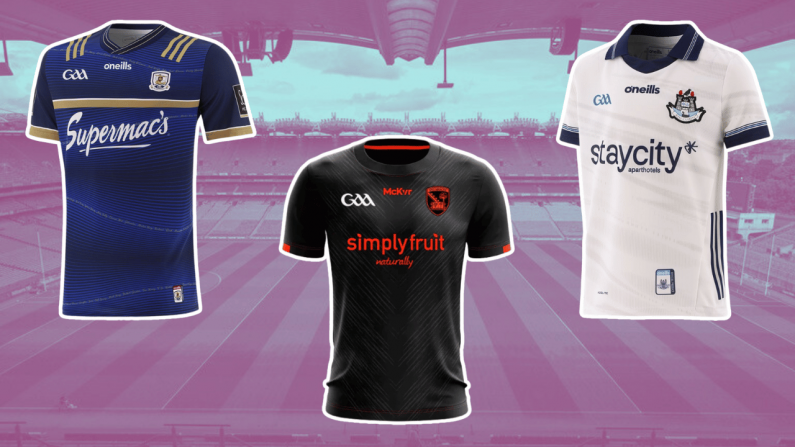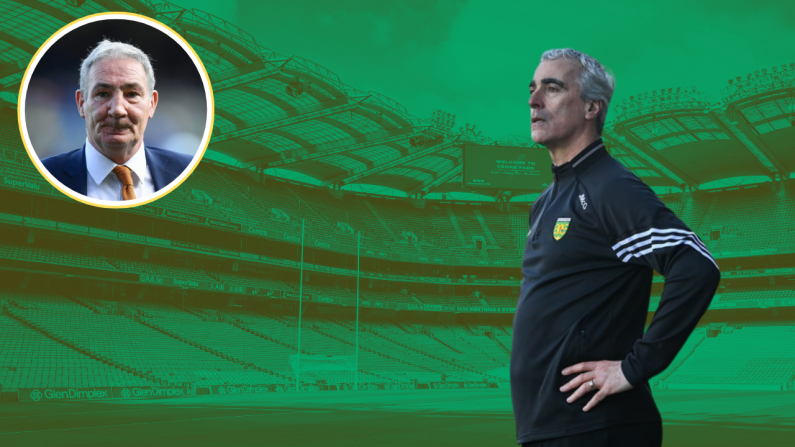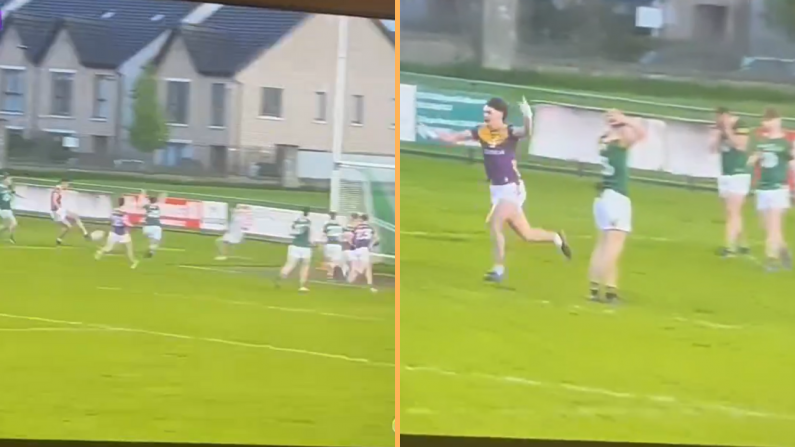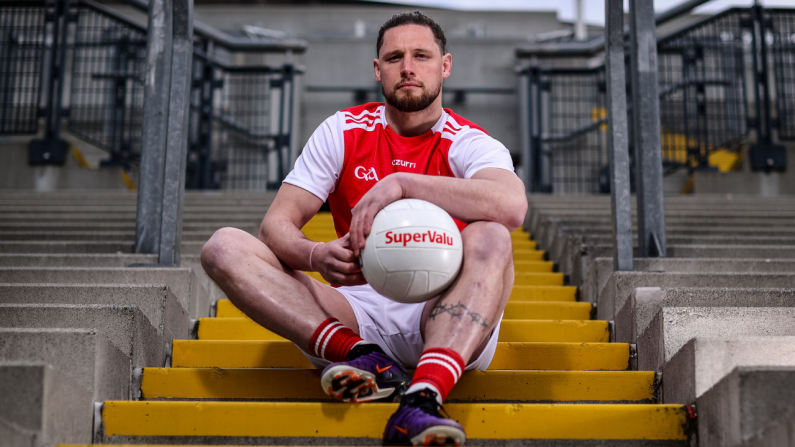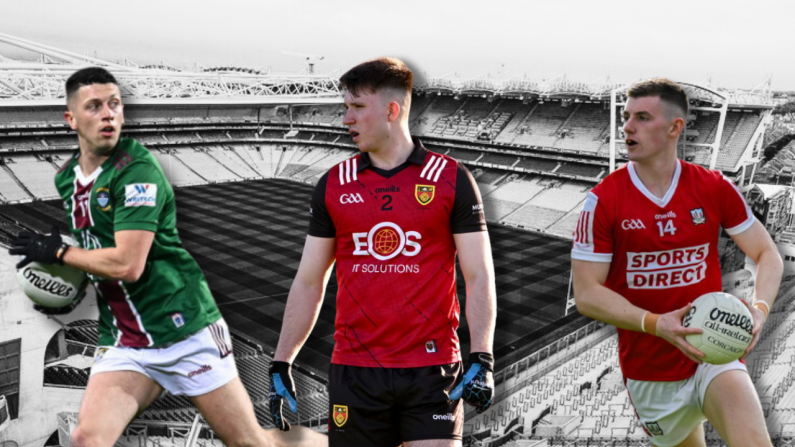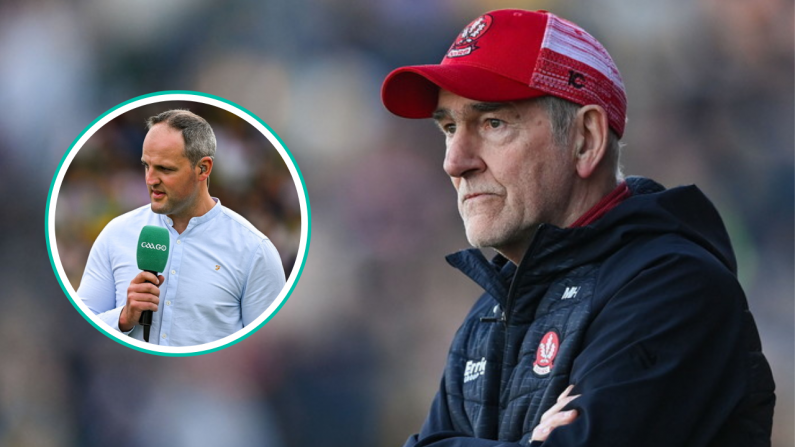Never before has the GAA had such a wide spread of members across the world. From the Arctic Circle to Abu Dhabi there have been O'Neills size 5s and sliotars kicked, pucked, caught and fist-passed with the same joyous abandon as in anywhere in Ireland. Irish people abroad, people with Irish lineage and those with none at all are enjoying Gaelic games. At the recent GAA World Games in Dublin, 87 teams from 20 different countries participated (according to gaa.ie), coming from places like South Africa, Argentina and China.
Jerome Quinn has spent much of the past five years documenting the activities of Gaels further afield. Quinn was the face of BBC Northern Ireland's GAA coverage - most notably its Championship programme - for nearly two decades until a much-publicised dismissal in 2009 after being discovered posting anonymous criticism of the BBC online. Since then, however, the Tyrone man has found a new lease of life as a GAA videographer and has made a name for himself covering schools, underage and third level competitions as well as pioneering coverage of ladies' GAA and GAA internationally.
Quinn has been the reason we are able to enjoy moments that otherwise might only have found its way to us through word-of-mouth, but most likely would have remained the knowledge of a chosen few. Perhaps Balls.ie's favourite example of this is the air-shot from Seoul Gaels stand-in goalkeeper Conor Melvin at the 2014 Asian Gaelic Games in Kuala Lumpur (which has racked up around 65,000 views on Vimeo).
It would be hard to give more time to spreading the GAA than Quinn has in his life - he has played a huge role in developing Bredagh GAC in Belfast as well as schools GAA in South Belfast on top of his professional dedication to the games - and he is clearly gripped by his current role, struck by what he has seen abroad:
The international thing has been absolutely nuts. I was in the Middle East this year five times. Five times! I was in San Diego twice, I was in Seattle twice, Australia, Shanghai, Germany. All doing GAA. It’s a crazy life in a way, but it’s fun as well.
A lot of non-Irish have come into it, and they love celebrating it. The Irish love celebrating what they’re doing. So they love me reporting it, as it shows off what they’re doing. But they love when other (non-Irish) people play the GAA, they love celebrating that as well.
A lot of people don’t get it, how big it is in the Middle East. You feel like you’re failing at times, not really getting through to some of them...but other times you get great feedback from all around the world and you meet people from Ireland all over the world.
Anyone who has ever lived abroad for any period of time will be familiar with the concept of being 'more Irish abroad'. Being away from home, one often has a greater appreciation of things that help distinguish oneself from other nationalities and cultures. One also perhaps cherishes the simple - yet precious - things in Irish culture more, whether it is Barry's teabags, the occasional sing-song or the opportunity to participate in Gaelic games. Quinn has seen evidence of this first hand:
I remember a girl in Sydney from Meath and she said, ‘People at home would laugh at me! I played a bit of ladies' football, but not camogie. Here, I play ladies' football, camogie and I’m on the committee.’ And it’s her whole life. You get so many stories like that, where the Irish become more Irish abroad and the GAA allows them to do that.
It’s almost like they’re repaying the GAA because the GAA has helped them settle, has helped them build a new life, has helped them get new friends. So they love the whole thing about it. So in that way it’s been vital for people abroad and they’ve been too happy to throw themselves into it.
https://vimeo.com/23213032
As someone who covered all sport for BBC NI - from Windsor Park to Ravenhill (as it was then) and onto Croke Park, Quinn has strong views on the playing of the Irish anthem before GAA matches ("I don’t know if you took it away would Protestants start going to games. I don’t think so. I think there’s other ways that that could be done - one of the ways would be to have a really good Casement Park and invite people along"). But he also looks at the anthem situation through the prism of non-Irish playing Gaelic games abroad, and he says that it is actually something that contributes to their enjoyment of GAA:
I see no evidence of the anthem stopping people coming to Gaelic games. Certainly abroad. They (non-Irish) enjoy it, they love that part of it. Because at a lot of their games they mightn’t (get to hear it). It’s a show before the final, even in somewhere like Abu Dhabi, and they love it. It really gets a buzz going. It doesn’t take away anything from the GAA abroad. If anything, it helps it. People like to see national identity.
If Quinn speaks about his international adventures with passion and pride, the same emotions run through his voice when addressing the topic of ladies' GAA. Often after a weekend's action Quinn will put together videos of highlights, interviews or stories from games, bite-sized and informative features that help bring coverage of ladies' games to a new level and new audiences.
(Below: 14-year-old Sarah Dillon scores a stunning winning goal in the All-Ireland intermediate club final)
And Quinn says he often finds ladies' GAA more fulfilling to cover than men's, largely because of the refreshing honesty of players (compared with what can be a tedious task trying to draw a story out of the average male inter-county star).
The ladies are fantastic to work with because they really appreciate what you’re doing and they’re really helpful and open in their interviews. Whereas you go to do a presser at Croke Park for the All-Ireland semi-finals and the lads say nothing. Absolutely nothing. You can’t get a story out of them.
Whereas girls are just honest and they say what they think. They’re not (coming out with) clichés. OK, one or two are, but most times...it’s like a bit of a gold mine. You come in and it has been great as a journalist from that point of view. You get access.
He is "not surprised" at the lack of coverage ladies' GAA receives compared to men's (though the strides made last year with Lidl and TG4's support must be applauded), but he says that sports journalists are not to blame for this. Rather, it is those in charge of media outlets that need to take steps to achieve more of an equilibrium in coverage:
I remember getting the BBC to do an Ulster ladies' final, Monaghan v Tyrone, around 1998. They did it, a half-hour highlights programme. Never did again, and I never found out why. To me, I feel like everyone in the broadcast media has an obligation to really look at it again. Journalists aren’t going to look at it again because they’re doing what they’ve done all their lives. It takes the bosses, the management, to look at it and go: ‘How do you do this?’ Instead of the tokenism or the odd story about it, actually say: ‘We’re going to do this.’ And that’s the only way things are going to change.
And - for me, anyway - the athletes are a credit. They’re amazing. And it’d be sad if they (the media) just looked at it and thought, ‘It’s a slower game and they’re just not as strong’. What that means, then, is that the skills are better and the games are more open. In ladies' football, you’ll see eight goals in a game. You go to a men’s game and you might only get one. You mightn’t even get a goal chance. I don’t look upon that (ladies' football sometimes being a slower pace) as a bad thing, I look upon it as a good thing. You know, it’s a pity that it doesn’t get more (coverage). Maybe in time that will change.
For Quinn, finding this niche in the market - and making a success of it after years of grinding ("when I left the BBC I don't think I stopped for about three years") - has provided rejuvenation and freedom. He sounds like a man who has thrown off the shackles and is enjoying the independence of his new role.
In the likes of the BBC it’s someone saying: ‘Don’t do that. Do this.’ I can remember Cormac McAnallen died and there were stories around that and after a while the head of (BBC) news went, ‘Don’t be mentioning Cormac any more.’ And Tyrone had their first home match and didn’t wear the number 3 jersey. I was at the game and it was all the talk. You couldn’t not report on it. It was a factor. I did a report and she said, ‘Take that out.’ You felt like you were betraying your own background.
Now I don’t get that. Or get people saying to me, ‘I need your report (to be) three minutes, or two minutes.’ I do what it’s worth. So I’ve a lot more freedom now, and it’s gratifying from that point of view.
(Featured image: The Abu Dhabi Na Fianna team at the 2016 Dubai GAA Festival, captured by Quinn in his special report from the event)

